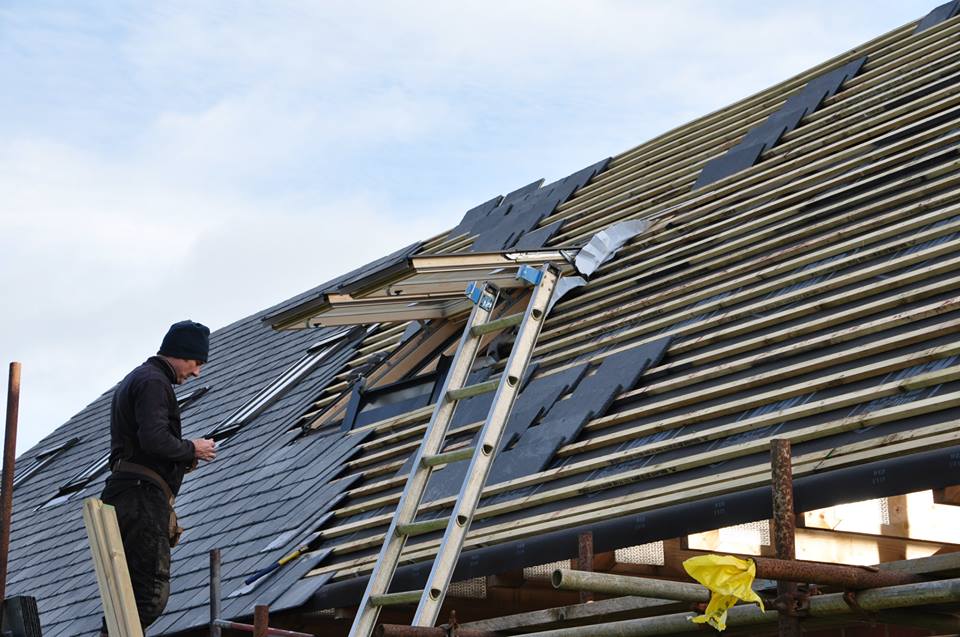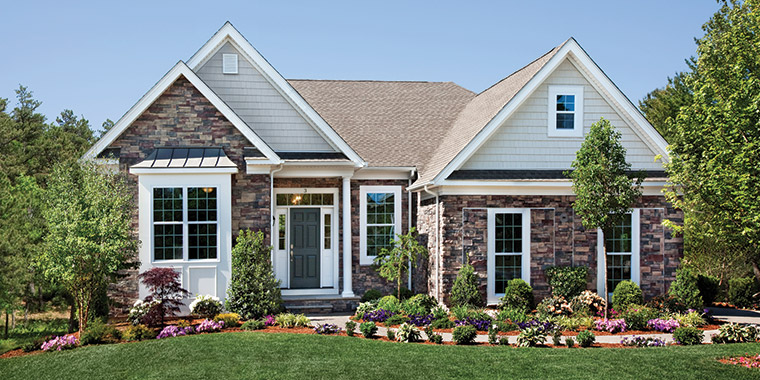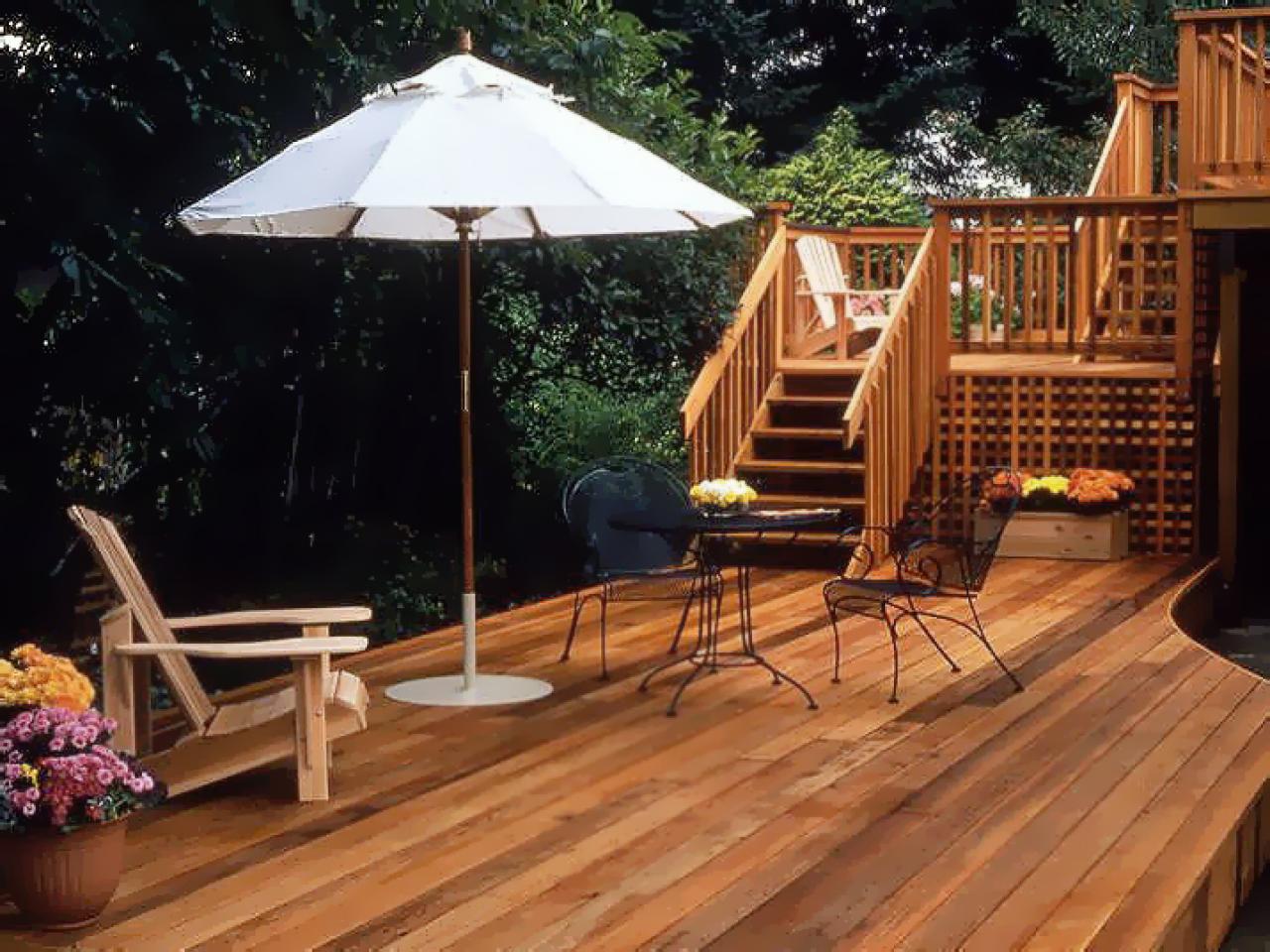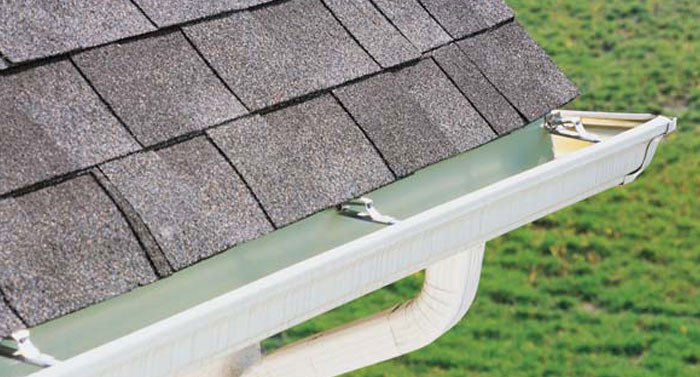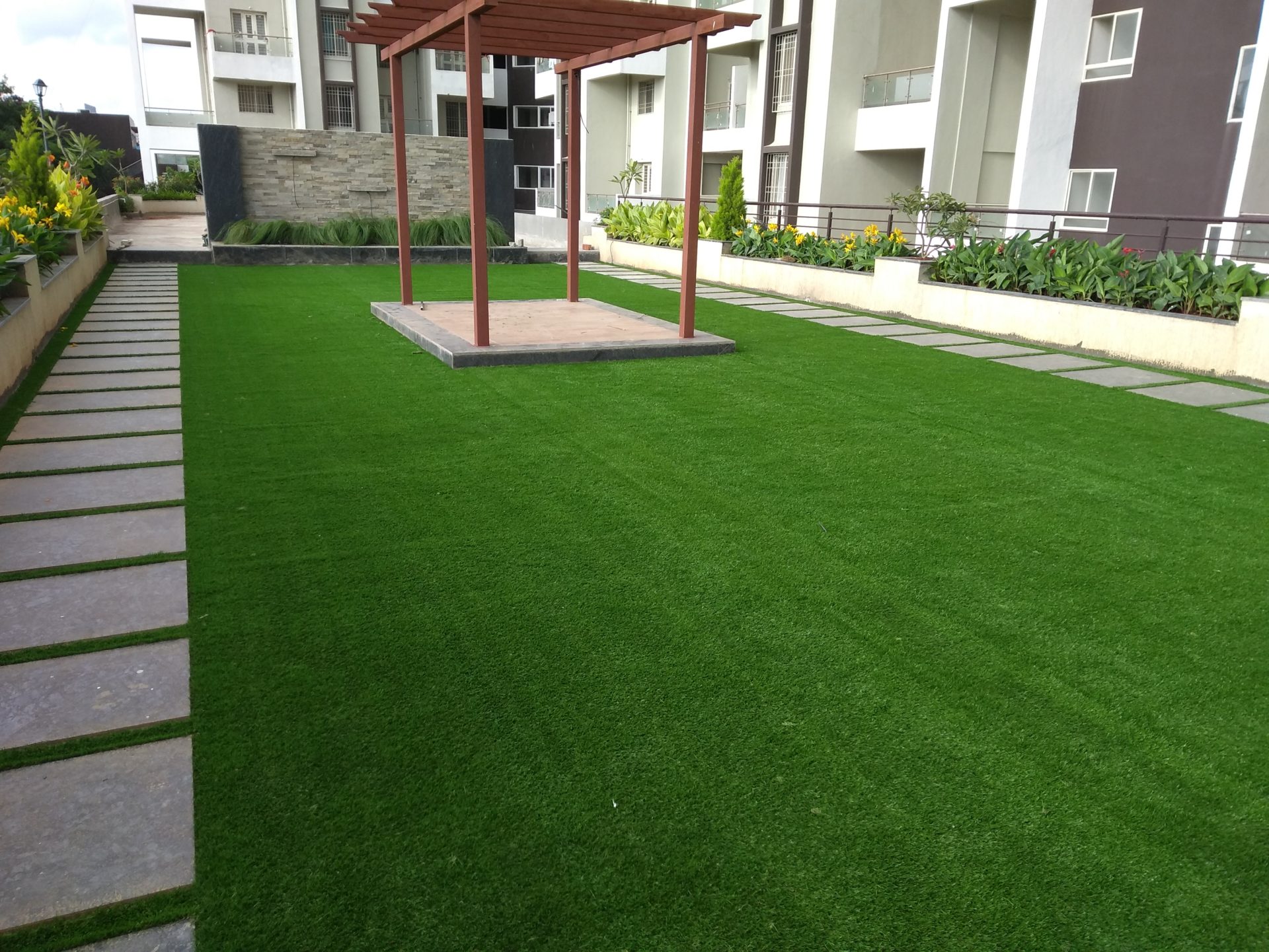Cold weather can pose a multitude of problems for homeowners. During the month of summer it may be tempting to postpone repairs, or even conveniently ignore that winter will soon be on its way.However, a few precautions taken at this time may save heartache and money later on. That way, when the temperatures outside dip below freezing point, you will be able to snuggle up in a warm, safe and comfortable home.
Damp can damage the interior and exterior of a building at any time of year. It can rise from the ground through porous masonry. It can also penetrate from the outside through the brickwork if some part of a wall or roof has been exposed to water from a leaking pipe or gutter. Once you have checked that roofs, gutters and pipes are in good repair, check from damp proof course. If you have no damp proofing London Home Counties are an ideal contractor to install one.
Once the last leaf fall of the autumn has passed, check that all the gutters and drains are cleared of dirt and any debris so that water can flow freely along and through them. A blocked gutter may force water back onto a roof. From there, it may penetrate into the attic of the house. Clean any accumulated snow off the gutters as soon as possible after a snow fall. Snow can freeze overnight and act as an ice dam on the roof. This will block water run-off and force it through the roof and indoors.
Make sure that all the cold water pipes inside the house are lagged, especially any in colder rooms such as an attic. This should stop them from freezing. If you have a hot water tank, make sure that this is insulated effectively. The hot water pipes are unlikely to freeze if the house is occupied during the cold weather. However, if you are planning to be away, leave the heating on for at least one hour during the daytime while you are absent.
If you are at home during the cold weather, leave the internal doors to rooms open slightly so that warm air can circulate around the house even if some of the rooms do not have any radiators or heating turned on. Make sure that any gaps around windows or exterior doors are sealed so that cold air does not come in from outside. Vulnerable points could be holes in masonry for television aerials or other cables. Check all the floor and attic insulation in your home. This should be level with floor joists. If not, hire a contractor to correct it.
Prepare for the possibility that a pipe may burst by locating the stopcock which controls the cold water system in the home. Ensure that is it turns correctly and does not jam so that you can turn off the water in an emergency.

